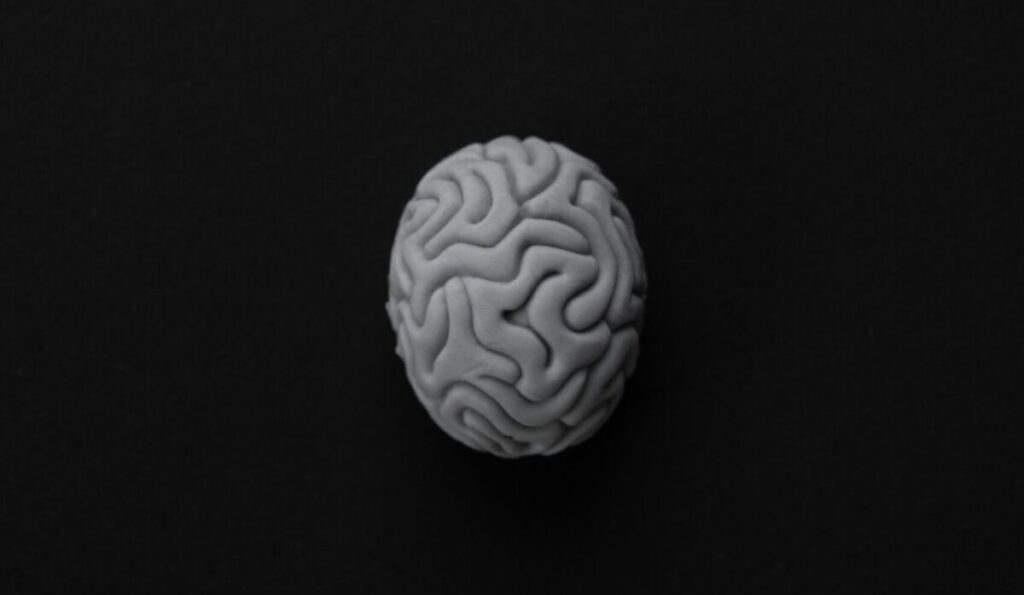
Confused by the choice in anti depressants? With persistence, you and your doctor should find one that works so that you can enjoy life more fully again.
As Mental Health Counselors we frequently see clients who might benefit by taking an antidepressant.
A referral to a medical doctor may be the right call. Antidepressants are a popular treatment choice for depression. Although antidepressants may not cure depression, they can reduce symptoms. The first antidepressant you try may work fine. But if it doesn’t relieve your symptoms or it causes side effects that bother you, you may need to try another.
So don’t give up. A number of antidepressants are available, and chances are you’ll be able to find one that works well for you. And sometimes a combination of medications may be an option.
Finding the right antidepressant
There are a number of antidepressants available that work in slightly different ways and have different side effects. When prescribing an antidepressant that’s likely to work well for you, your doctor may consider:
- Your particular symptoms. Symptoms of depression can vary, and one antidepressant may relieve certain symptoms better than another. For example, if you have trouble sleeping, an antidepressant that’s slightly sedating may be a good option.
- Possible side effects. Side effects of antidepressants vary from one medication to another and from person to person. Bothersome side effects, such as dry mouth, weight gain or sexual side effects, can make it difficult to stick with treatment. Discuss possible major side effects with your doctor or pharmacist.
- Whether it worked for a close relative. How a medication worked for a first-degree relative, such as a parent or sibling, can indicate how well it might work for you. Also, if an antidepressant has been effective for your depression in the past, it may work well again.
- Interaction with other medications. Some antidepressants can cause dangerous reactions when taken with other medications.
- Pregnancy or breast-feeding. A decision to use antidepressants during pregnancy and breast-feeding is based on the balance between risks and benefits. Overall, the risk of birth defects and other problems for babies of mothers who take antidepressants during pregnancy is low. Still, certain antidepressants, such as paroxetine (Paxil, Pexeva), may be discouraged during pregnancy. Work with your doctor to find the best way to manage your depression when you’re expecting or planning on becoming pregnant.
- Other health conditions. Some antidepressants may cause problems if you have certain mental or physical health conditions. On the other hand, certain antidepressants may help treat other physical or mental health conditions along with depression. For example, bupropion (Wellbutrin, Aplenzin, Forfivo XL) may help relieve symptoms of both attention-deficit/hyperactivity disorder (ADHD) and depression. Other examples include using duloxetine (Cymbalta) to help with pain symptoms or fibromyalgia, or using amitriptyline to prevent migraines.
- Cost and health insurance coverage. Some antidepressants can be expensive, so it’s important to ask if there’s a generic version available and discuss its effectiveness. Also find out whether your health insurance covers antidepressants and if there are any limitations on which ones are covered.
Types of antidepressants
Certain brain chemicals called neurotransmitters are associated with depression — particularly serotonin (ser-o-TOE-nin), norepinephrine (nor-ep-ih-NEF-rin) and dopamine (DOE-puh-meen). Most antidepressants relieve depression by affecting these neurotransmitters. Each type (class) of antidepressant affects these neurotransmitters in slightly different ways.
Many types of antidepressant medications are available to treat depression, including:
- Selective serotonin reuptake inhibitors (SSRIs). Doctors often start by prescribing an SSRI. These medications generally cause fewer bothersome side effects and are less likely to cause problems at higher therapeutic doses than other types of antidepressants are. SSRIs include fluoxetine (Prozac), paroxetine (Paxil, Pexeva), sertraline (Zoloft), citalopram (Celexa) and escitalopram (Lexapro).
- Serotonin and norepinephrine reuptake inhibitors (SNRIs).Examples of SNRI medications include duloxetine (Cymbalta), venlafaxine (Effexor XR), desvenlafaxine (Pristiq, Khedezla) and levomilnacipran (Fetzima).
- Atypical antidepressants. These medications don’t fit neatly into any of the other antidepressant categories. They include trazodone, mirtazapine (Remeron), vortioxetine (Trintellix), vilazodone (Viibryd) and bupropion (Wellbutrin, Aplenzin, Forfivo XL). Bupropion is one of the few antidepressants not frequently associated with sexual side effects.
- Tricyclic antidepressants. Tricyclic antidepressants — such as imipramine (Tofranil), nortriptyline (Pamelor), amitriptyline, doxepin and desipramine (Norpramin) — tend to cause more side effects than newer antidepressants. So tricyclic antidepressants generally aren’t prescribed unless you’ve tried other antidepressants first without improvement.
- Monoamine oxidase inhibitors (MAOIs). MAOIs — such as tranylcypromine (Parnate), phenelzine (Nardil) and isocarboxazid (Marplan) — may be prescribed, often when other medications haven’t worked, because they can have serious side effects. Using an MAOI requires a strict diet because of dangerous (or even deadly) interactions with foods — such as certain cheeses, pickles and wines — and some medications, including birth control pills, decongestants and certain herbal supplements. Selegiline (Emsam), an MAOI that you stick on your skin as a patch, may cause fewer side effects than other MAOIs. These medications can’t be combined with SSRIs.
- Other medications. Your doctor may recommend combining two antidepressants, or other medications may be added to an antidepressant to enhance antidepressant effects.
Antidepressants and risk of suicide
Most antidepressants are generally safe, but the Food and Drug Administration (FDA) requires that all antidepressants carry black box warnings, the strictest warnings for prescriptions. In some cases, children, teenagers and young adults under 25 may have an increase in suicidal thoughts or behavior when taking antidepressants, especially in the first few weeks after starting or when the dose is changed.
Anyone taking an antidepressant should be watched closely for worsening depression or unusual behavior. If you or someone you know has suicidal thoughts when taking an antidepressant, immediately contact your doctor or get emergency help.
Keep in mind that antidepressants are more likely to reduce suicide risk in the long run by improving mood.
Making antidepressants work for you
To get the best results from an antidepressant:
- Be patient. Once you and your doctor have selected an antidepressant, you may start to see improvement in a few weeks, but it may take six or more weeks for it to be fully effective. With some antidepressants, you can take the full dosage immediately. With others, you may need to gradually increase your dose. Talk to your doctor or therapist about coping with depression symptoms as you wait for the antidepressant to take effect.
- Take your antidepressant consistently and at the correct dose. If your medication doesn’t seem to be working or is causing bothersome side effects, call your doctor before making any changes.
- See if the side effects improve. Many antidepressants cause side effects that improve with time. For example, initial side effects when starting an SSRI can include dry mouth, nausea, loose bowel movements, headache and insomnia, but these symptoms usually go away as your body adjusts to the antidepressant.
- Explore options if it doesn’t work well. If you have bothersome side effects or no significant improvement in your symptoms after four weeks, talk to your doctor about changing the dose, trying a different antidepressant (switching), or adding a second antidepressant or another medication (augmentation). A medication combination may work better for you than a single antidepressant.
- Try psychotherapy. In many cases, combining an antidepressant with talk therapy (psychotherapy) is more effective than taking an antidepressant alone. It can also help prevent your depression from returning once you’re feeling better.
- Don’t stop taking an antidepressant without talking to your doctor first. Some antidepressants can cause significant withdrawal-like symptoms unless you slowly taper off your dose. Quitting suddenly may cause a sudden worsening of depression.
- Avoid alcohol and recreational drugs. It may seem as if alcohol or drugs lessen depression symptoms, but in the long run they generally worsen symptoms and make depression harder to treat. Talk with your doctor or therapist if you need help with alcohol or drug problems.

